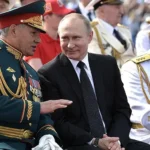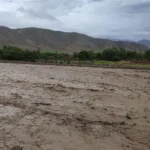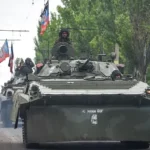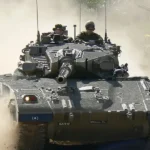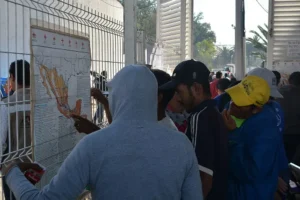In the Democratic Republic of Congo (DRC), clashes erupted between police and opposition supporters demanding a nullification of the recent DR Congo presidential elections.
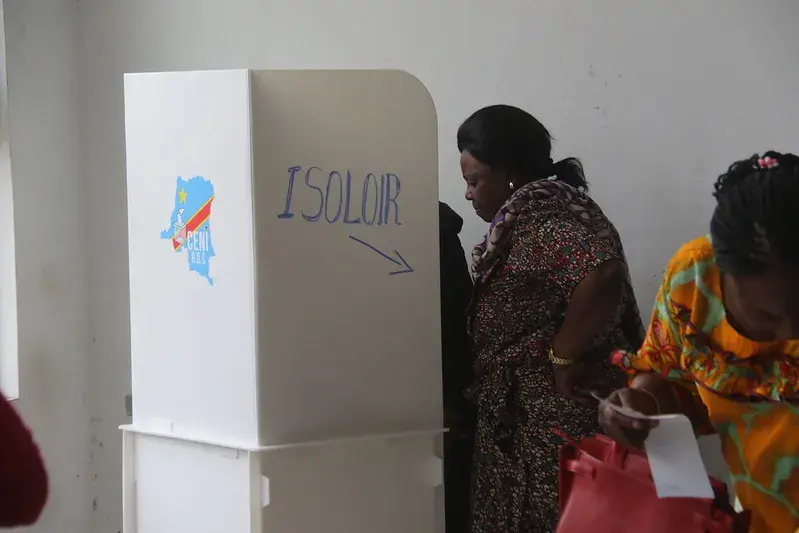
Several injured as police deployed tear gas, while demonstrators hurled stones during protests in Kinshasa, challenging the legitimacy of the poll held last week.
Authorities prohibited the rally, citing potential disruption to the electoral process, reaffirming a zero-tolerance stance toward undermining the ongoing election proceedings.
The actual voter turnout and the status of polling station operations remain unclear as electoral officials struggle to provide comprehensive data. Approximately 44 million were registered to vote.
With minimal ballots counted, incumbent President Felix Tshisekedi maintains a significant lead in DR Congo presidential elections, claiming almost 80% of counted votes in pursuit of a second term. Moïse Katumbi, a prominent football figure and mining mogul, trails behind with 14%.
Martin Fayulu, a former oil executive contesting the 2018 election outcome, currently stands third with around 4%. His supporters, protesting outside his campaign headquarters, clashed with law enforcement, resulting in injuries.
Fayulu reported 11 injuries among his supporters, contrasting police reports of two injuries on their side. Attempts to march towards the electoral commission’s headquarters were thwarted by police blockades.
The election faced logistical setbacks and administrative disarray, necessitating voting extensions in certain regions over two days.
Opposition voices accuse the electoral commission of fraud and ballot stuffing to secure Tshisekedi’s victory, allegations refuted by the commission.
The DRC, four times the size of France, grapples with inadequate infrastructure, hindering connectivity even between major cities. Two-thirds of its 100 million population live below the poverty line, earning less than $2.15 a day.
Beyond the presidential race, voters cast ballots for parliamentary, provincial, and municipal representatives from a pool of approximately 100,000 candidates.
Insecurity in the eastern regions disrupted elections, with numerous armed groups vying for control in areas hosting significant mineral wealth, notably cobalt—an essential component in lithium batteries for a greener energy future.

